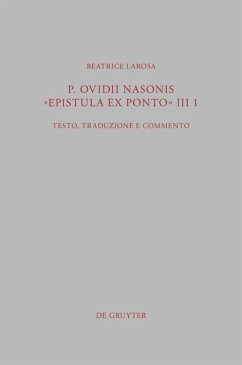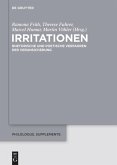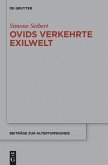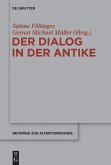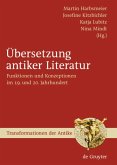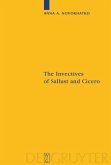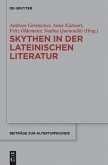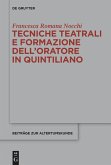The Epistula ex Ponto III 1, composed by Ovid to his wife in the 2nd period of his relegatio, is the summary of the leitmotives of his exile poetry and lacks a recent accurate analysis. This linguistic-philological commentary, the most updated and comprehensive available since the 1965 Staffhorst's one, reveals dense intertextual connections with the author's other writings, with the previous Latin love poetry and the ways of the Ciceronian and Horatian decorum, by underlining an articulated literary dialogue that, in the recovery of the original mournful connotation of ancient elegy, employs also typically tragic contents and styles. The request to the wife to intercede with Livia is modelled according to the structural and conceptual modules of the suasoria around the main theme of conjugal fides and includes the consideration of historic and sociological themes (such as the wife's figure and her play in the imperial society, the relationships of the intellectual person with power towards the end of the Augustan principality and the increasing importance of the role of the empress during the last years of the princeps' life).

